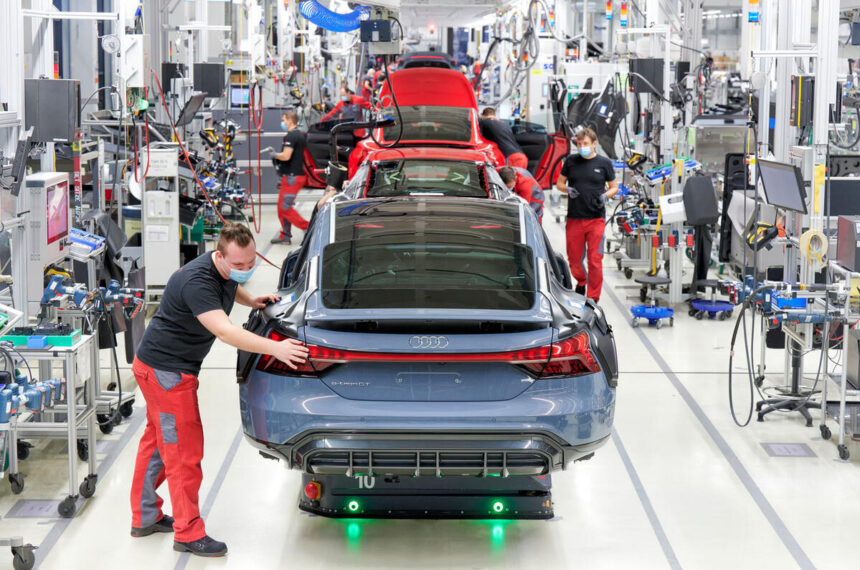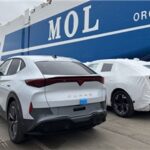New Tariff of 25% Announced on Imported Cars by President Trump
A new tariff of 25% will be imposed on all cars imported into the United States, announced President Donald Trump. This new levy is set to come into effect from 2 April. Trump believes that this move will lead to “tremendous growth” for the US auto industry, creating more investment for US car makers and subsequently more job opportunities.
During a speech at the Oval Office, Trump expressed his enthusiasm, stating, “This is very exciting. What we’re going to be doing is a 25% tariff for all cars that are not made in the United States.”
Mexico is expected to be the most impacted country by the new levy. Major car manufacturers such as BMW, Ford, Nissan, Volkswagen, and Toyota have plants in Mexico. Other top importers to the US include Canada, Germany, Japan, and South Korea.
Trump confirmed that these new laws are permanent and emphasized that “if you build your car in the United States, there is no tariff.”
Companies like BMW, Mercedes-Benz, and Volkswagen already have plants in the US, producing key models for both the US and global markets. For example, BMW’s Spartanburg plant in South Carolina manufactures models like the X3, X4, X5, X6, X7, and XM. However, BMW will be affected as it imports the 3 Series from Mexico for the US market.
This announcement is likely to impact companies like JLR, which has seen an increase in Range Rover and Defender sales in recent years. Other car manufacturers targeting the US market without factories in the country include Cupra and Lotus.
The Society of Motor Manufacturers and Traders (SMMT) has expressed disappointment over the announcement. Mike Hawes, Chief Executive of SMMT, urged UK and US representatives to come together and negotiate a mutually beneficial deal.
European Commission President Ursula von der Leyen stated that the European Union will study the latest announcement and expressed regret over the US decision to impose tariffs on European automotive exports.
This move by President Trump has sparked discussions and concerns within the automotive industry, with stakeholders calling for dialogue and cooperation to mitigate the potential impacts on global trade.







